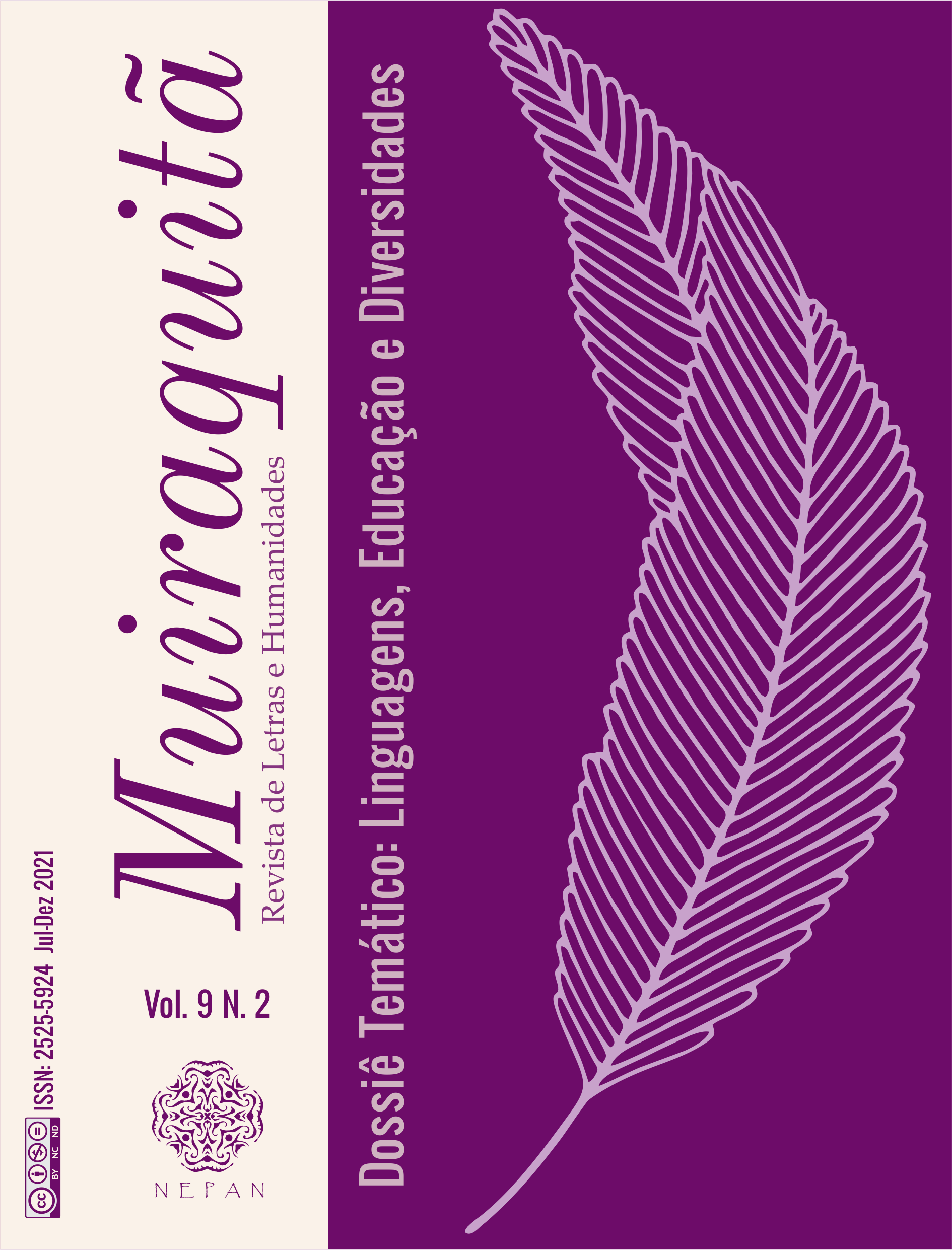Violence and resistance in the narrative of argentine women
DOI:
https://doi.org/10.29327/210932.9.2-20Keywords:
Military dictatorship, Argentina, Women's LiteratureAbstract
The aim of this article is to reflect from the narratives of two Argentine women: Liliana Heker, through her novel El fin de la historia (1996) and Norma Morandini, through her report book El harén. Los árabes y el poder político en la Argentina (1998). Each one, from her personal experience and the specificities of her writing, helps me to prove that Argentine literature has always been committed to historical issues, observing, in particular, the nineties of the last century, when that country recently emerged from its military dictatorship (1974-1983). Although the two works address different contexts in relation to the military dictatorship, the narratives highlight the violence and forms of resistance of the end of the century Argentines.
Downloads
References
BAKHTIN, Mikail. Questões de Literatura e de Estética. A teoria do romance. São Paulo: Hucitec, 1993.
BARTHES, Roland. El placer del texto y lección inaugural. México: Siglo veintiuno, 1996.
FRACCHIA, Eduardo. Apuntes para una Filosofía de la Resistencia. Corrientes: EUDENE, 1997.
GIARDINELLI, Mempo. El país de las maravillas. Los argentinos en el fin del milenio. Buenos Aires: Planeta, 1998.
HEKER, Liliana. El fin de la historia. Buenos Aires: Alfaguara, 1996.
MENTON, Seymour. La nueva novela histórica de la América Latina: 1979-1992. México: FCE, 1993.
MORANDINI, Norma. El Harén. Los árabes y el poder político en la Argentina. Buenos Aires: Sudamericana, 1998.
RODRÍGUEZ, Alexis Márquez. Historia y ficción en la novela venezolana. Caracas: La Casa de Bello, 1991.
SZACKI, Jerzi. As utopias ou A felicidade imaginada. Rio de Janeiro: Paz e Terra, 1972.

















